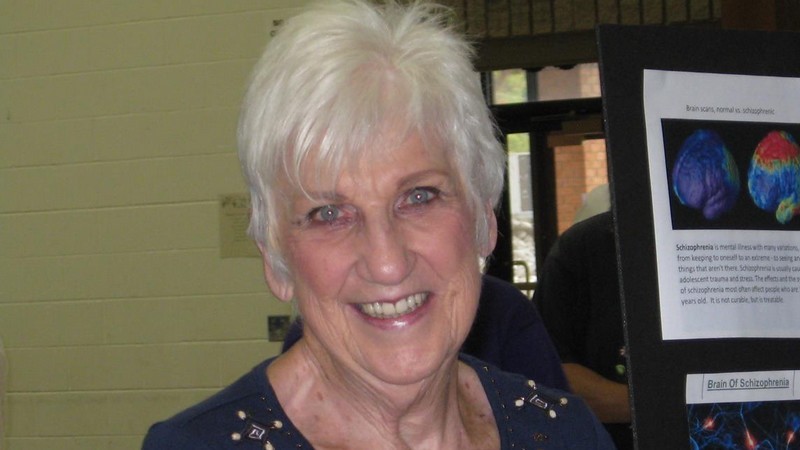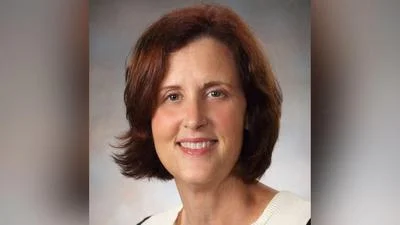‘Tis the Christmas season — does that mean everyone should be happy at Christmastime?
For some, ‘tis the season to be feeling dysfunctional, not wanting to get out of bed, angry, irritable — emotions that come upon us for reasons we and those around us find hard to understand. Those folks may have a disorder, known as Seasonal Affective Disorder — also known as SAD — which is known to be triggered by the changing seasons when there is less daylight. Though it is more common in the northern U.S., SAD can happen anywhere with time change and less daylight. It is more common in women.
“For a lot of people, particularly men, SAD can look like irritability and anger, and that’s the same in younger adults,” the American Psychological Association (APA) reports. “The symptoms of SAD can look like depression; but like depression, it doesn’t always look like sadness, nor tears.”
SAD is not categorized as a mental illness, but a disorder. To be diagnosed as SAD, the symptoms must appear at the same time in a two-year period; consistency is the key. The good news is that there is always a way to manage the symptoms.
“There is a concern this year in dealing with the stress of social isolation or distancing due to COVID and the reduced hours of daylight (that) SAD may be on the increase, though it is not inevitable,” says Vaile Wright, APA’s senior director of Health Care Innovation.
For those who participate in our NAMI Connection peer support groups who live with serious and persistent mental illnesses and those who have anxiety, COVID-19 has enhanced their symptoms. We recommend that they try to focus on the positive — find a new interest or hobby.
Some children may be showing signs of mood disorders during this time. The Depression and Bipolar Support Alliance (DBSAlliance.org) has developed a workbook for parents, the DBSA “Mood Crew,” which contains fun games and activities for kids to help them understand emotions and to talk about their emotions by introducing characters named Anger, Calm, Confident, Embarrassed, Excited, Happy, Lonely, Sad and Worried — emotions that we all hold within us sometimes that lead to troubles in our relationships. The “Mood Crew” initiative helps to spark healthy conversations that can help build the coping skills that support long-term wellness.
COVID-19 has brought on a lot of disturbing emotions in all of us. There is help, and there is hope. There are good resources in our community to get help. For resources, dial 211. If you know or are someone who has thoughts of death or suicide, call (800) 273-Talk (8255) or 911; or contact a medical professional, clergy member, loved one, friend or go the hospital emergency room. There is help. There is hope.







